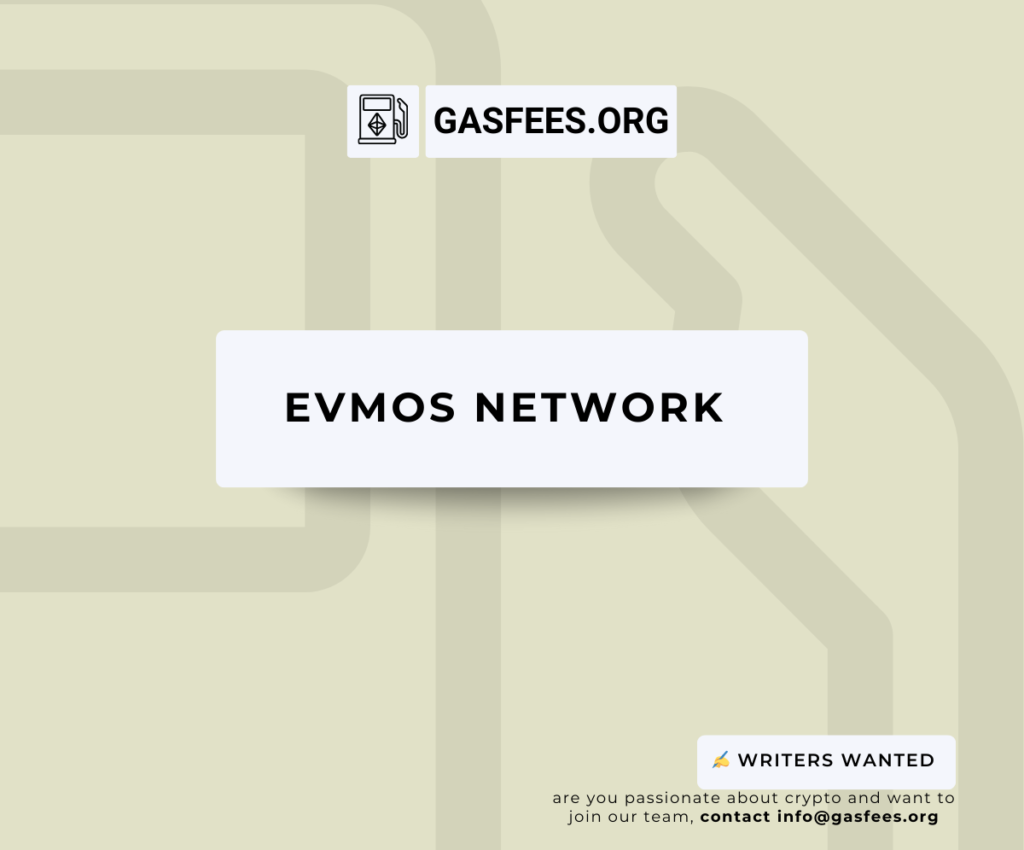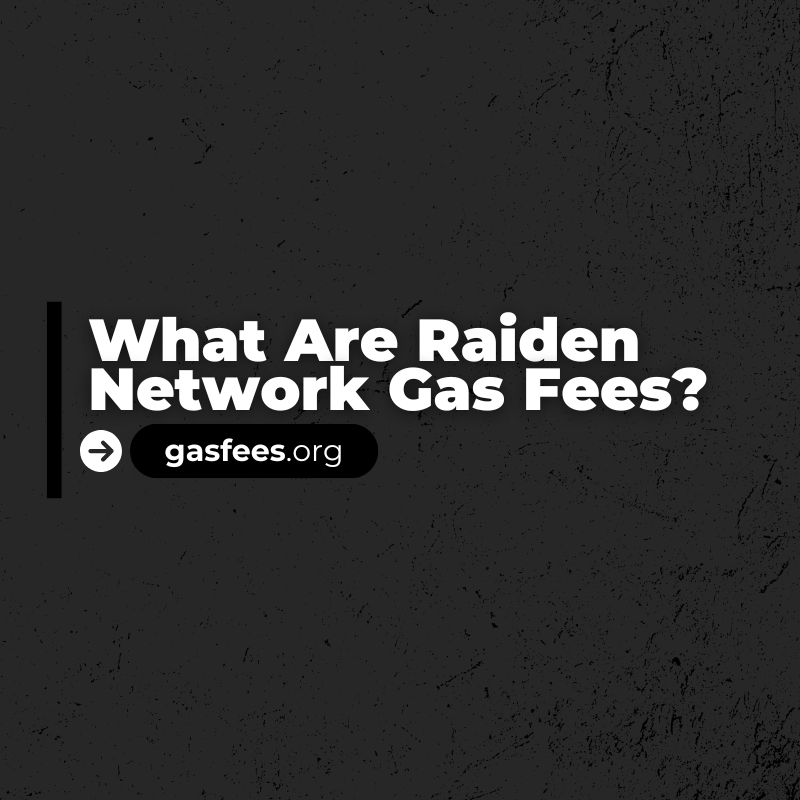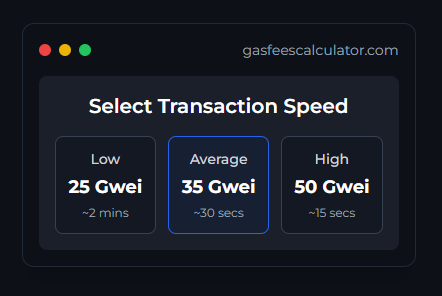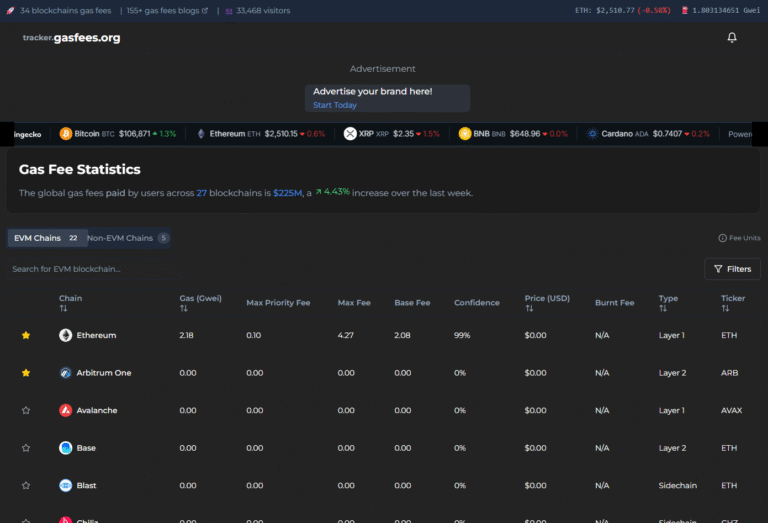What Are Injective Protocol Gas Fees?
Injective Protocol is known for offering some of the lowest gas fees in the blockchain space. Thanks to innovations like gas compression, most transactions on Injective—whether you’re trading, staking, or minting NFTs—cost as little as 0.00001 INJ, or roughly $0.0003 USD. The network uses a Cosmos SDK-based model, where gas fees are calculated based on usage and validator-set prices. Traders also benefit from a unique fee structure that includes negative maker fees and rebate options, making Injective one of the most cost-efficient ecosystems for DeFi and trading.
What Are Harmony Gas Fees?

Understanding Harmony gas fees is crucial for anyone looking to interact with the Harmony ecosystem, whether you’re a developer deploying smart contracts, a user sending ONE tokens, or an investor interested in the platform’s efficiency and cost-effectiveness.
What Are Evmos Gas Fees?

A Guide to Transaction Costs on the Interoperable Ethereum Bridge Official Links Written By: Mr. GasMan Navigating the world of blockchain technology can feel like cracking a complex code, especially when it comes to understanding gas fees. For users accustomed to Ethereum’s fee structure, exploring Evmos, the interoperable bridge between Ethereum and Cosmos, throws another […]
What Are ZK-Rollups Gas Fees?
ZK-Rollups, or Zero-Knowledge Rollups, are layer-2 scaling solutions for Ethereum that bundle hundreds of transactions into a single proof, processed off-chain and settled on-chain. Gas fees for ZK-Rollups are significantly lower than Ethereum’s mainnet, often costing just a fraction of a cent per transaction, as they distribute the cost of a single layer-1 transaction across many users. Fees are paid in ETH or supported tokens and vary based on the rollup’s design, transaction complexity, and layer-1 gas prices.
For example, platforms like zkSync or StarkNet leverage ZK-Rollups to offer transfers as low as $0.01-$0.10, compared to Ethereum’s $1-$20. The fee structure depends on the computational cost of generating zero-knowledge proofs and posting data to Ethereum. Users can optimize fees by batching transactions or using rollup-specific wallets with real-time fee estimators. By slashing costs while maintaining Ethereum’s security, ZK-Rollups make DeFi, NFTs, and microtransactions more accessible, driving adoption in the Web3 ecosystem.
Qué son las tarifas de gas de Syscoin?

Qué son las tarifas de gas de Syscoin? Written By: Mr. GasMan Introducción: Imagina una bulliciosa autopista llena de transacciones. Los autos pasan rápidamente, llevando datos y valor a través del paisaje digital. Pero cada caseta de peaje exige un precio: las tarifas de gas. En el mundo de las criptomonedas, estas tarifas alimentan la […]
What Are Raiden Network Gas Fees?

Raiden Network gas fees are the costs incurred when conducting off-chain transactions on the Raiden Network, which is designed to facilitate faster and more scalable payments on the Ethereum blockchain. These fees are typically lower than on-chain fees, enabling microtransactions and reducing congestion. Understanding Raiden Network gas fees is key to optimizing cost-effective and efficient payments for decentralized applications (dApps) and other Ethereum-based services.


